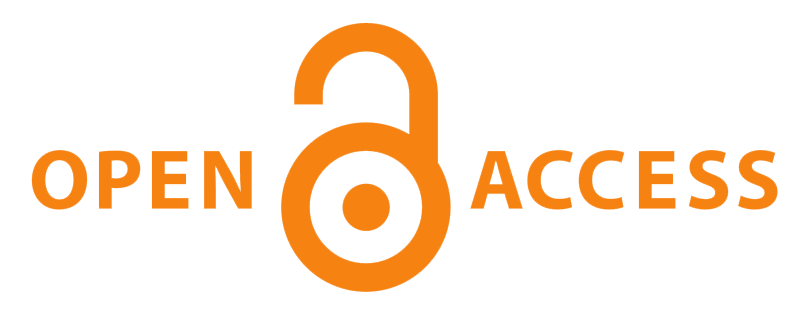Mission Statement
Re:visit. Humanities & Medicine in Dialogue is an open-access journal published online. Its principal aims are twofold: firstly, to illuminate existing interfaces between medicine and the humanities from a comprehensive array of cultural perspectives; and secondly, to build a platform for newly emerging fields of interdisciplinary research and thought. By creating an open dialogue, Re:visit strives to prevent the humanities from being ‘medicalized’ in the sense of being reduced to a mere facilitator of competencies for medical staff; next to that, the journal seeks to undermine the risk that an inadequate notion of being superior may cause the humanities and cultural sciences to ‘discipline’ medicine. Instead of tying medicine and the humanities to specific role expectations, Re:visit thus understands itself as the first journal in the German-speaking research community that focuses on the manifold possibilities emerging from the dialogue between medicine and the humanities, both with respect to its potentials and synergies and its risks and side effects.
According to these objectives, the journal welcomes innovative submissions interested in the correlations of medicine and the humanities, which – in the sense of a critical and (self‑)reflective revisiting – address core concepts and issues of medicine and health policy and analyze their correlated ideological connotations, implications of power, historical and cultural ties, and aesthetic forms of representation (and construction). Moreover, Re:visit also refers to the need to discuss the theoretical framework of Medical Humanities – a research field that continuously has to and is willing to reflect its position and tasks, as can be seen by the debates concerned with Critical Medical Humanities, Health Humanities, and Narrative Medicine. To strengthen the balance between medicine and the humanities not least on a methodological level, the journal is also open to empirical research, for example with regard to therapy (e.g. poetry-, biblio- or cinematherapy) or teaching (e.g. Medical Humanities in the classroom).
The first section of the bilingual journal is dedicated to double-blind peer-reviewed original research papers in German or English; both contributions to focus topics and to open calls will be published. The second column, In conversation with …, presents interviews with researchers, practitioners, writers and artists on current focal points of Medical Humanities. A third section, termed Reports, serves to reflect on cutting-edge developments by providing a forum for review papers as well as conference and project reports by established academics and early career researchers.





